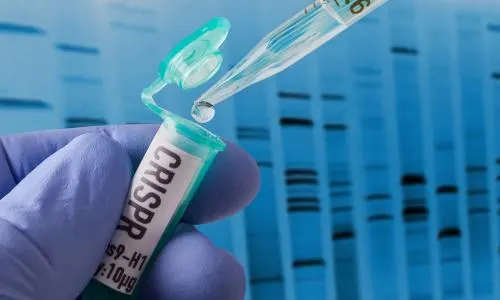
A progressive new malignant growth treatment known as mRNA treatment has been controlled to patients at Hammersmith emergency clinic in west London. The preliminary has been set up to assess the treatment’s wellbeing and adequacy in treating melanoma, cellular breakdown in the lungs and other strong cancers.
The new treatment utilizes hereditary material known as courier RNA – or mRNA – and works by introducing normal markers from cancers to the patient’s insusceptible framework.
The point is to help it perceive and battle malignant growth cells that express those markers.
“New mRNA-based disease immunotherapies offer a road for enrolling the patient’s own insusceptible framework to battle their malignant growth,” said Dr David Pinato of Royal School London, an agent with the preliminary’s UK arm.
Pinato said this examination was still in its beginning phases and could require a long time prior to opening up for patients. In any case, the new preliminary was laying essential preparation that could assist with growing not so much poisonous but rather more exact new enemy of disease treatments. “We frantically need these to reverse the situation against disease,” he added.
Various malignant growth antibodies have as of late entered clinical preliminaries across the globe. These fall into two classifications: customized disease immunotherapies, which depend on extricating a patient’s own hereditary material from their growths; and remedial malignant growth immunotherapies, for example, the mRNA treatment recently sent off in London, which are “instant” and custom-made to a specific sort of malignant growth.
The essential point of the new preliminary – known as Prepare – is to find on the off chance that this specific kind of mRNA treatment is protected and endured by patients with lung or skin malignant growths and can contract growths. It will be regulated alone now and again and in blend with the current malignant growth drug pembrolizumab in others.
Scientists express that while the trial treatment is still in the beginning phases of testing, they trust it might at last prompt another therapy choice for hard to-treat diseases, should the methodology be demonstrated to be protected and compelling.
Almost one of every two individuals in the UK will be determined to have malignant growth in the course of their life. A scope of treatments have been created to treat patients, including chemotherapy and invulnerable treatments.
Nonetheless, malignant growth cells can become impervious to drugs, making growths more challenging to treat, and researchers are quick to look for new methodologies for handling diseases.
Preclinical testing in both cell and creature models of malignant growth gave proof that new mRNA treatment affected the resistant framework and could be proposed to patients in beginning stage clinical preliminaries.